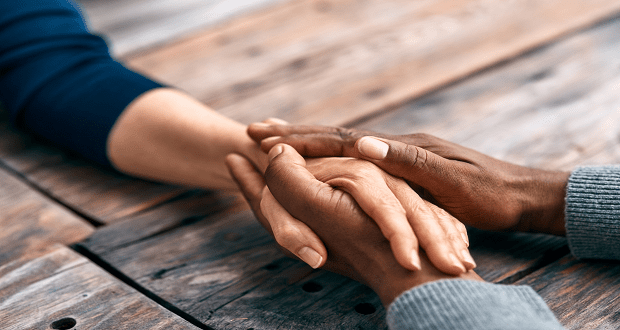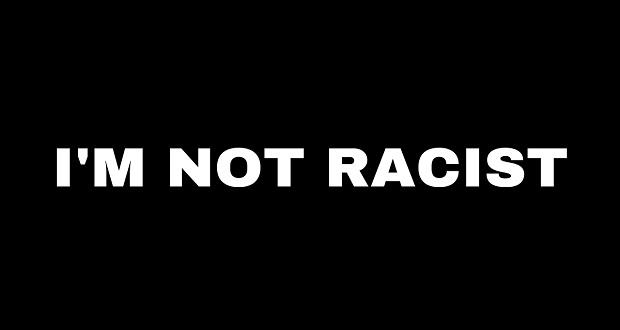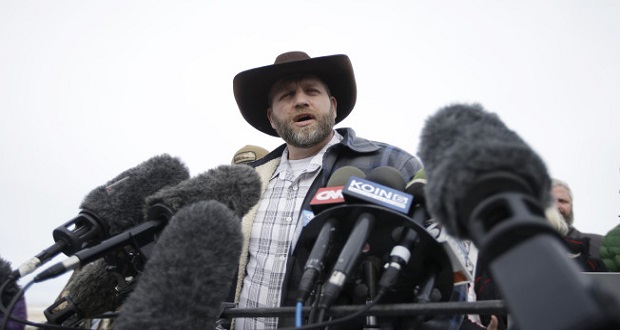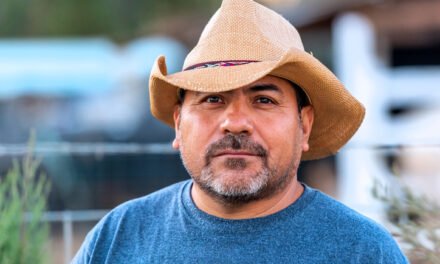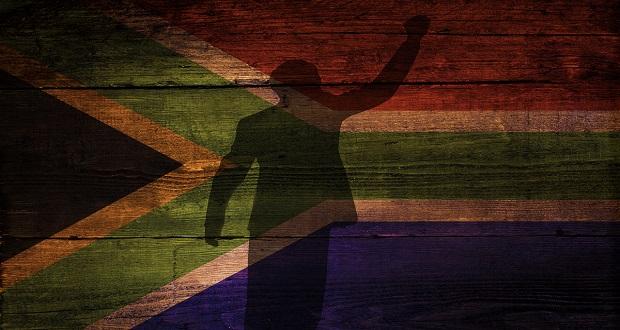My personal journey toward inclusion has been marked recently by more questions than answers; I believe that my most meaningful areas of growth have come through embracing these unknowns.
Over the past several years, I have gone from thinking I could know or determine the definitive answers to questions surrounding equity and justice to recognizing that—though there was a certain comfort in that illusion—I cannot. I am, after all, only one person. Furthermore, others from whom I first learned these “answers” could not have all of them either.
This past year during graduate school, I took a cultural studies course and struggled to make sense of the discipline’s precept that there was no such thing as objective truth. My commitment to justice and equity was first borne out of campus activist culture, which at times preaches a highly prescriptive message and uses tactics oftentimes perceived as aggressive to make progress. Over time, questions had developed for me about the value of such tactics in some settings, and for me personally—and I felt confused. Confronted with a discipline that still embraced the progressive ideals I held dear but challenged the notion that there could be a “correct” way to interpret or respond to something, I was unsure of what to think. Yet, I found that, at times, this perspective made more sense than the alternative. (Though I have come to believe strongly in the value of both approaches).
Simultaneously, I found myself forced to reckon with the realities of historical oppressions I had previously brushed aside or drawn hasty conclusions about—not having lived through them personally. I was fortunate enough to encounter exceptional, heartbreaking media—theater, documentaries and films, memoirs, and missives—that brought past dynamics and proceedings alive for me in visceral ways. Emerging from a time in which I felt it was possible to “know” so much, experiencing these pieces left me emotional, humbled, and less sure than ever that I understood the world or was qualified to draw conclusions about it. There is a certain arrogance that each new generation brings to the table, even while prompting much-needed conversations that challenge past ways of knowing and doing. I was no exception, and I have spent recent months contemplating how to listen with compassion—as much, or even more often—than to speak with confidence, and how to bridge across generations to engage in reciprocal learning.
I have spent recent months contemplating how to listen with compassion—as much, or even more often—than to speak with confidence... Click To TweetThese personal shifts culminated in a revelation that arrived for me last year. In the fall, a white supremacist requested a space to speak on the campus where I was attending graduate school. As a public university, the institution was placed between a rock and a hard place, threatened by lawsuits if they denied the request. The administration announced their plan to consider various courses of action. Students were upset, fearful, and hurt by the lack of a definitive rejection, and elected to take up protest in various ways. Some walked out of class, others wrote letters, devoted their time to self-care, or carried on as usual. Heated debates played out over email and in classrooms, with individuals denouncing one another’s perspectives and approaches. In my cultural studies course, my professor shared her thoughts on all that had played out, with tears in her eyes.
“I come from a people who were brutalized and terrorized by this man’s people. I find his message despicable and dangerous, and believe it has no place here.” Next, she recalled sitting in a talk earlier that week given by Congressman John Lewis, who had addressed the situation at hand. “He also comes from a people who were brutalized. He himself was beaten within inches of death by folks like this. And—he believes this man should be given a place to speak. What I suggest to you is that we are all making our own decisions of how, when, and where to engage in protest, and these are very personal choices. You can never understand all of the experiences and thoughts and nuances that go into those decisions for someone else. Have compassion for one another.” In the midst of a tremendously difficult week, this was one moment that brought me some peace. It struck me that this is relevant advice for so many places in our lives.
Equity and inclusion is, by nature, tremendously nuanced work. I couldn’t possibly have all the answers; each of us brings to the table our own pieces of these answers. Conflicting as they may appear at times, they are our personal truths, and together we can approach genuine understanding of a broader truth in listening and sharing them. It was only recently that I truly came to comprehend how and why this work can never be considered complete. I remind myself daily that I am an expert only of my own experience, and it is through this understanding that I have become genuinely prepared to accept a lack of closure and view my learning as necessarily, and always, ongoing.
I remind myself daily that I am an expert only of my own experience, and it is through this understanding that I have become genuinely prepared to accept a lack of closure and view my learning as necessarily, and always, ongoing. Click To Tweet
